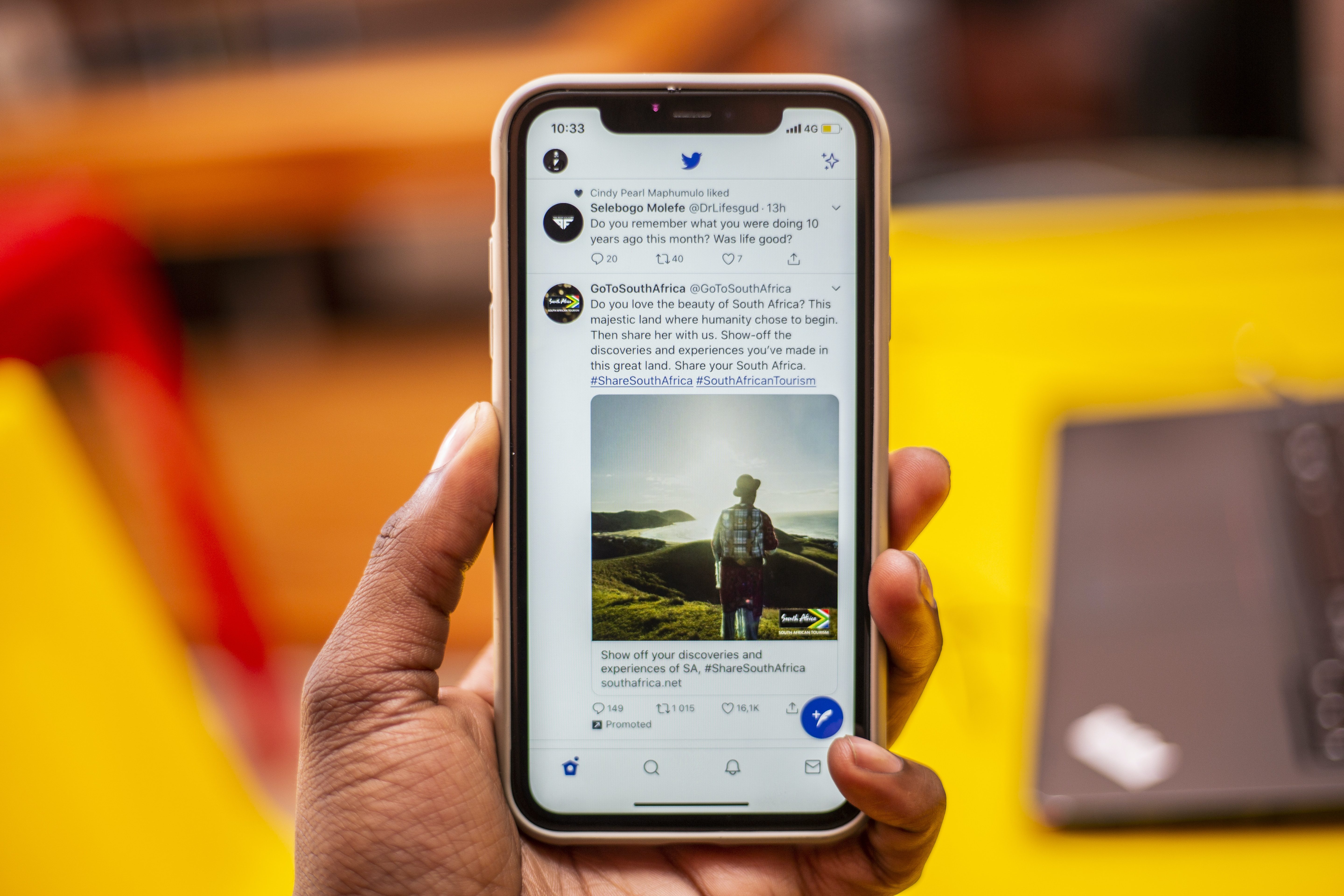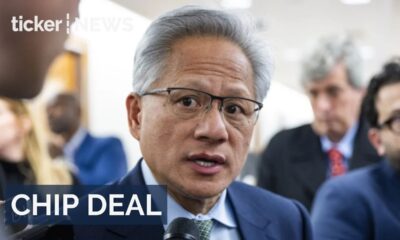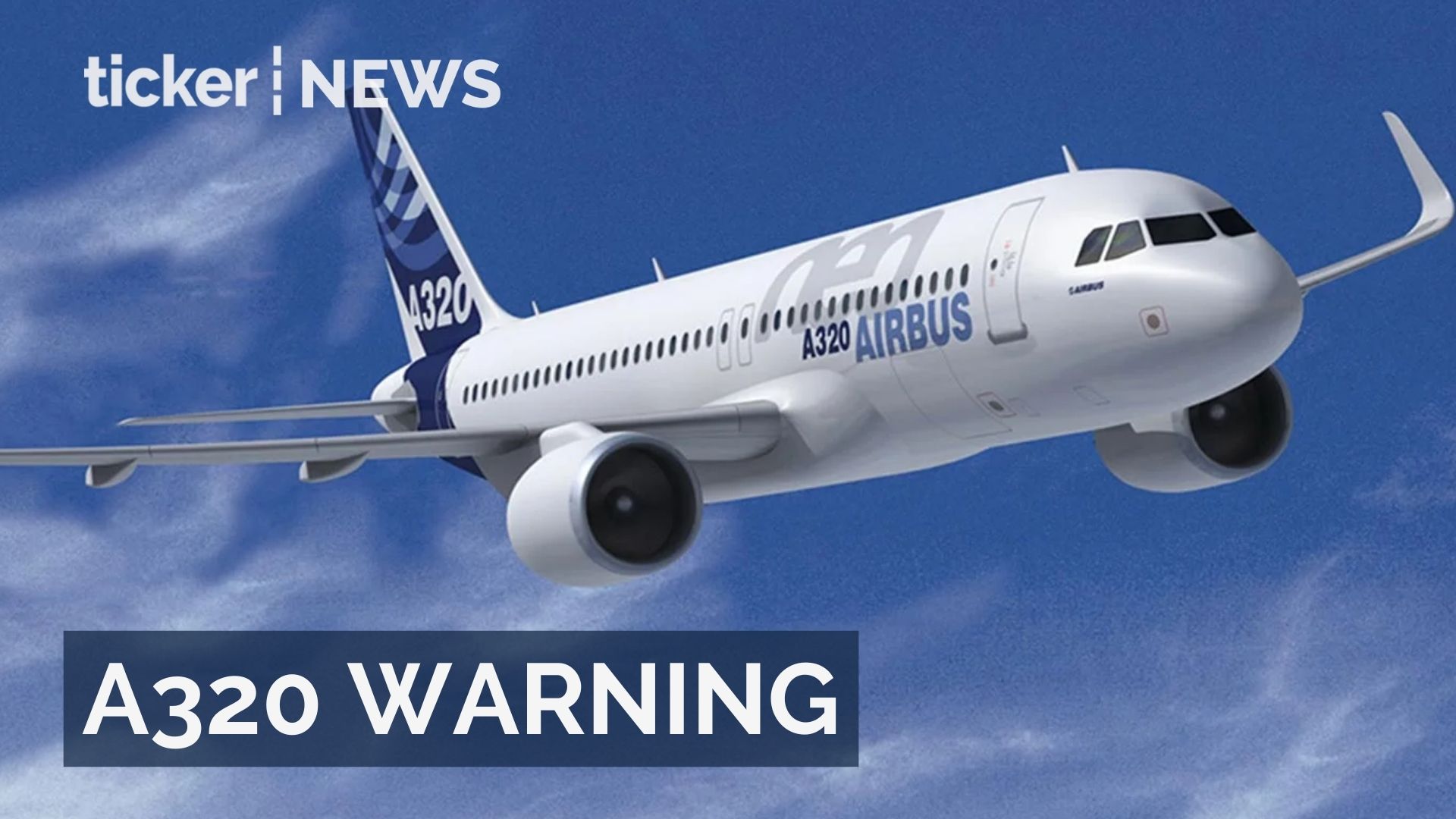Tech
Why is China falling out of love with the iPhone?


Tech
Airbus A320 fleet faces software upgrade due to risk
Airbus alerts A320 operators to urgent software fix after JetBlue incident raises safety concerns
Tech
China blocks ByteDance from using Nvidia chips in new data centres
China blocks ByteDance from using Nvidia chips, tightening tech control and pushing for domestic AI innovation amid U.S. restrictions.
Tech
OpenAI launches shopping research tool for ChatGPT users
OpenAI launches shopping research tool to enhance e-commerce experience ahead of holiday season spending boost
-



 Leaders4 days ago
Leaders4 days agoH2Pro focuses on affordable green hydrogen
-



 Leaders4 days ago
Leaders4 days agoCarbonBlue revolutionises carbon capture and lime production
-



 Leaders3 days ago
Leaders3 days agoYosef Farm showcases successful organic farming in the desert
-



 Leaders3 days ago
Leaders3 days agoHomeBiogas transforms waste into clean energy in 30,000 homes
-



 News3 days ago
News3 days agoOpenAI and Instacart launch grocery shopping inside ChatGPT
-



 News4 days ago
News4 days agoU.S. approves Nvidia H200 chip exports to China amid tensions
-



 News4 days ago
News4 days agoCrypto market roars back as Bitcoin surges past key levels
-



 News4 days ago
News4 days agoParamount makes $108B hostile bid for Warner Bros Discovery








